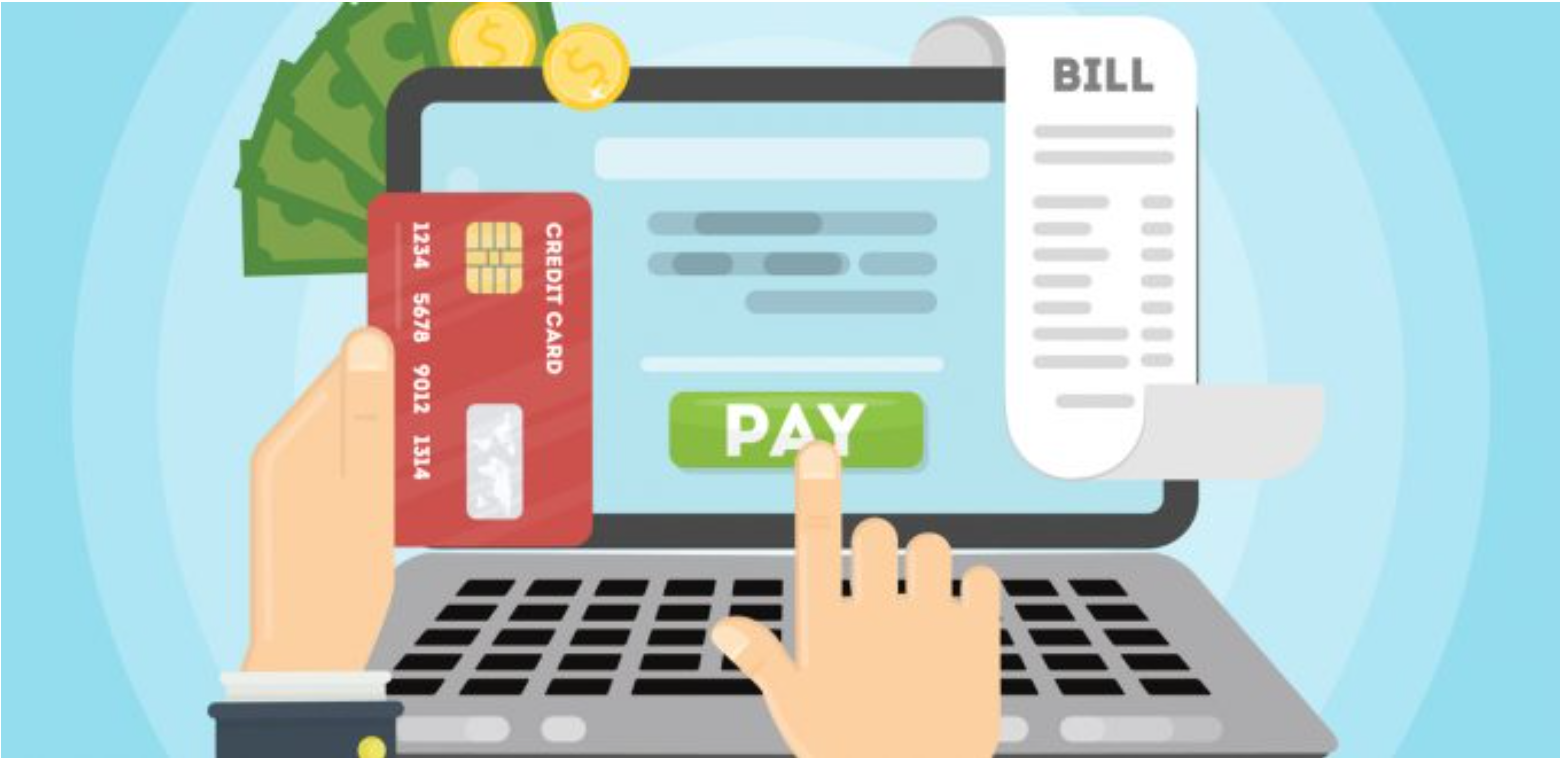With the popularity of digital payments, more and more taxpayers are curious: Can I pay taxes with a credit card? The answer is yes. The Internal Revenue Service (IRS) allows taxpayers to pay federal taxes by credit card, but there are hidden costs and pros and cons behind this, which is worth further discussion. This article will systematically sort out the process, costs, pros and cons, and precautions of paying taxes with a credit card to help you make a wise choice.
1. How to pay taxes with a credit card?
If taxpayers choose to pay federal taxes with a credit card, they must complete the transaction through three independent payment processors designated by the IRS:
- Pay1040
- ACI Payments, Inc.
- PayUSAtax
You can enter the payment process through the “Pay” page of the IRS official website. After selecting credit card payment, jump to the processor’s website to complete the payment. You can also contact the processor by phone to complete the payment.
2. Fee structure of credit card tax payment
Using credit cards to pay taxes is not a free service. Payment processors will charge a handling fee, usually 1.75% to 2.49% of the tax amount, and the minimum fee is generally around US$2.5. For example:
| Tax amount | Processing fee (about 1.75%-2.49%) | Fee example |
|---|---|---|
| $500 | about $9-$12 | $8.75-$12.45 |
| $5,000 | about $87.5-$124.5 | $87.50-$124.50 |
| $20,000 | about $350-$498 | $350.00-$498.00 |
In addition, if you pay your credit card taxes through a third-party tax software (such as TurboTax), the processing fee may be higher, up to 2.49%.
3. Advantages of paying taxes with credit cards
- Earn credit card rewards
Paying taxes with credit cards can accumulate points, cash back or airline miles, especially high cash back cards or credit cards with card opening rewards, which can offset the handling fees to a certain extent. - Meet the consumption threshold
If you need to reach the credit card’s spending limit to get rewards, paying taxes is a quick way to meet the standard. - Payment convenience
The credit card payment process is simple and does not require entering a bank account number, which is suitable for taxpayers who are in urgent need of flexible capital turnover. - Instalment repayment options
Holding a credit card with a 0% interest rate, you can repay taxes in installments to alleviate short-term cash pressure.
4. Disadvantages and risks of paying taxes with credit cards
- High handling fees
The handling fee of 1.75%-2.49% is a considerable expense for large taxes, which often offsets or exceeds the credit card reward income. - Interest risk
If you fail to pay in full, the interest rate on credit cards is usually much higher than the loan interest rate, and the interest charges may increase rapidly. - Increase in credit utilization rate
Paying large tax bills by credit card will significantly increase the credit card balance and may affect your credit score. - Not all taxes can be paid by credit card
Some state taxes or special taxes may not be paid by credit card.
5. When should you consider paying taxes with a credit card?
- You hold a credit card with high cash back or rich rewards, and the handling fee is lower than the reward income;
- You need to use the 0% interest installment repayment function of the credit card to relieve cash flow pressure;
- You hope to quickly meet the credit card spending limit and strive for a card opening reward;
- You are in urgent need of flexible payment methods and can ensure that the credit card bill is paid off in time.
Paying taxes with a credit card is a flexible and convenient payment method, but it is not suitable for everyone. Handling fees and potential interest costs may erode the reward income and even increase the financial burden. Taxpayers should weigh convenience and cost, and rationally choose a payment method based on their own credit card policies and financial situation. Only through proper planning can credit cards become a help in tax management rather than a burden.
